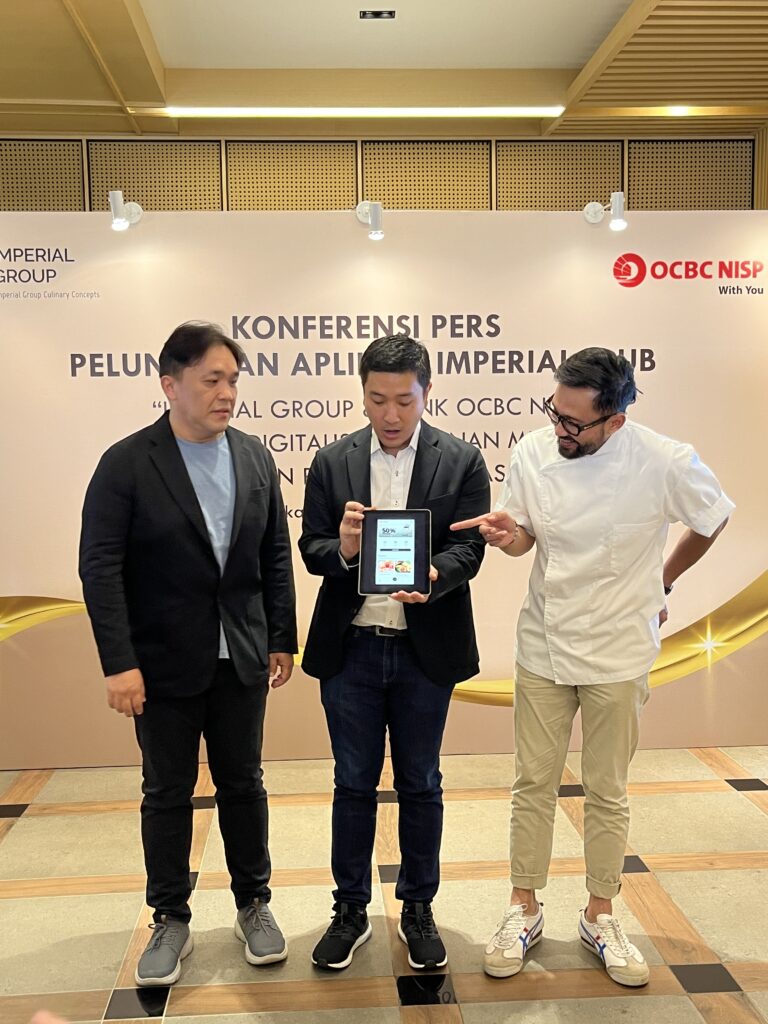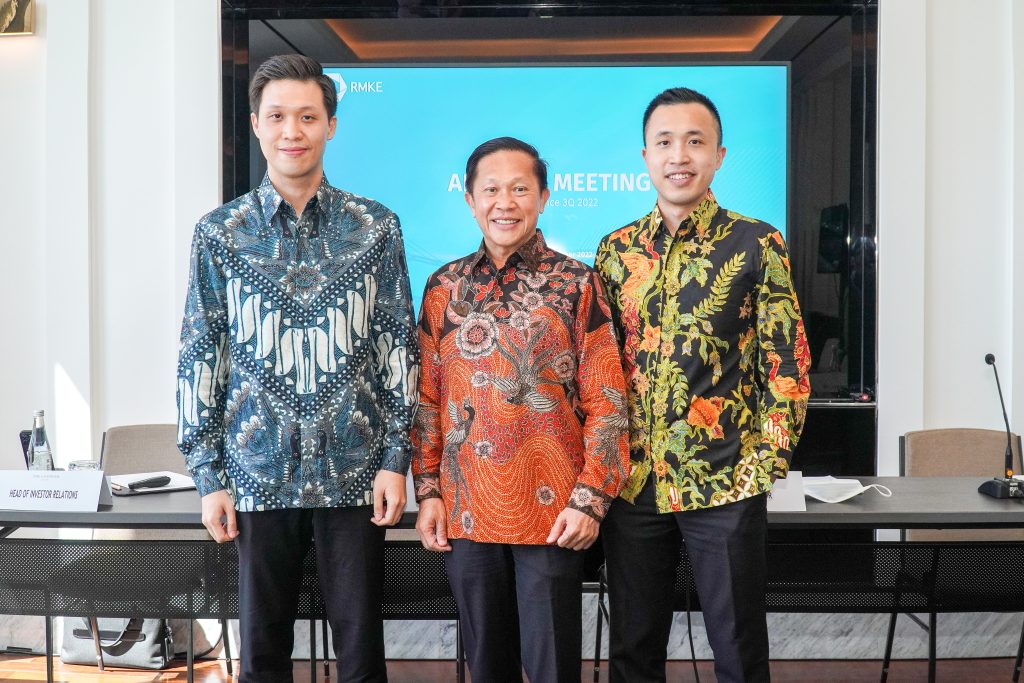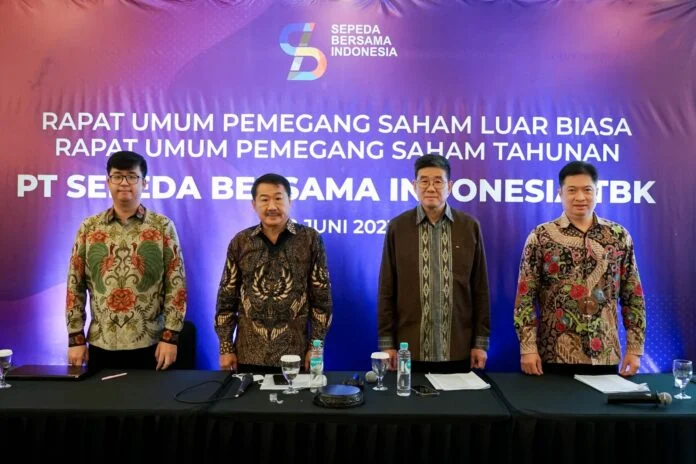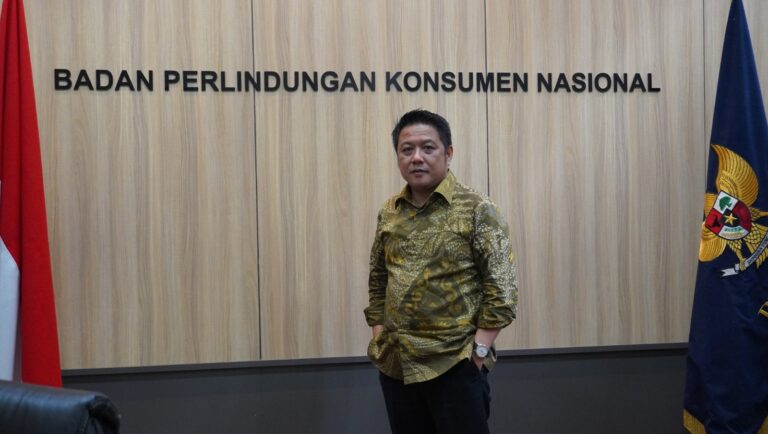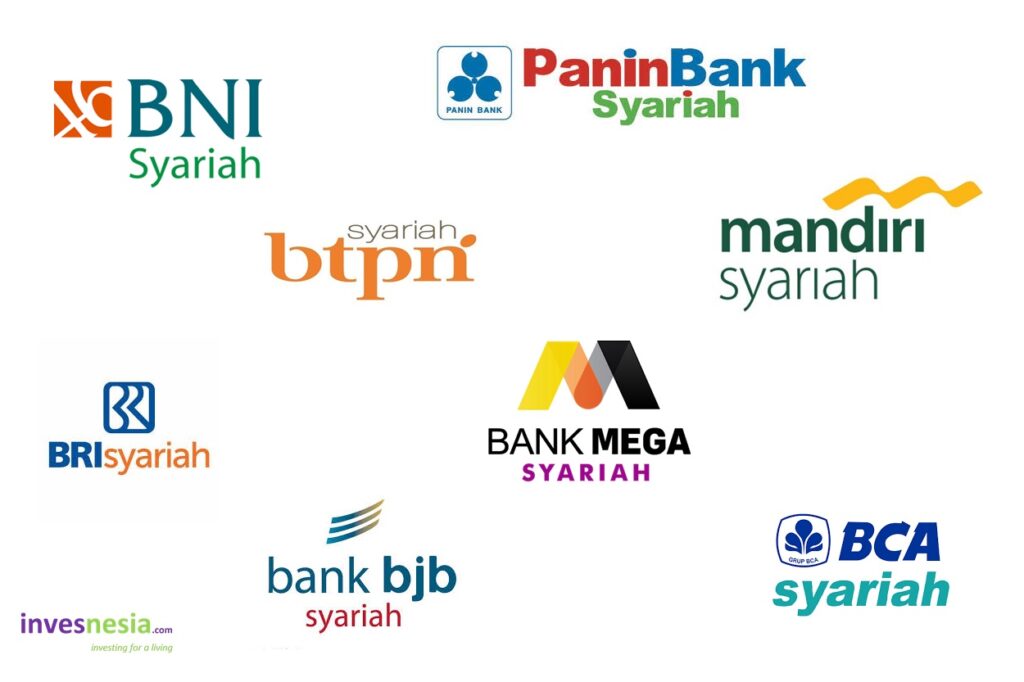
JAKARTA – Indonesia as a country with a muslim-majority society, has the potential to prioritize a sharia-based financial industry. Increasing public awareness of halal matter and strong stakeholder support are important factors in the development of the halal industry ecosystem in Indonesia. This includes Islamic banks.
Islamic banks play an important role as facilitators of all economic activities in the halal industry ecosystem. The existence of the Islamic banking industry in Indonesia itself has experienced a significant increase and development in the recent period.
The significant increase in recent years in sharia-based products and services in Indonesia has made the government observe this as an important moment in the milestone of the Islamic economy in Indonesia. This optimistic attitude made the government finally combine 3 lists of major Islamic banks made by SOEs, namely PT Bank Syariah Mandiri Tbk, PT Bank BNI Syariah Tbk, and PT Bank BRI Syariah Tbk into a new intensity called Bank Syariah Indonesia or BSI.
A Brief History of the Emergence of Sharia Banks in Indonesia
The history of the emergence of Islamic banks in Indonesia dates back to 1980. As a trial process, Islamic banking was established in Bandung called Bait At-Tamwil Salman ITB and Ridho Gusti Cooperative in Jakarta.
Ten years later, or in 1990, the Indonesian Ulema Council (MUI) formed a working group to establish an Islamic Bank in Indonesia. Furthermore, between August 18-20, 1990, MUI held a bank and banking interest workshop in Cisarua, Bogor, West Java.
The result was further discussion at the IV MUI National Deliberation in Jakarta on August 22-25, 1990. This discussion resulted in a mandate for the working group to establish an Islamic bank in Indonesia called the MUI Banking Team. Their task is to approach and consult with all relevant parties.
In the end, the MUI Banking Team succeeded in building the first Islamic bank in Indonesia, namely PT Bank Muamalat Indonesia (BMI) on November 1, 1991. Then, on May 1, 1992, BMI officially operated with an initial capital of Rp. 106,126,382,000. Since then, Islamic banks in Indonesia have continued to develop.
The birth of BMI encouraged the emergence of other Islamic banks in Indonesia. After more than ten years of the birth of BMI, Law No. 10 of 1998 concerning amendments to Law No. 7 of 1992 concerning banking in November 1998 has provided a good opportunity for the growth of sharia banks in Indonesia. The law also provides direction for conventional banks to open shari’a branches or even convert themselves totally into shari’a banks.
Thus emerged sharia business units (UUS) from large banks. For example, BNI UUS, BRI UUS and other conventional bank sharia unit units. Bank Mandiri took the road of recognizing PT Bank Susila Bhakti (BSB) and converting it into a sharia unit which later became a separate company under the name Bank Syariah Mandiri (BSM). Meanwhile, BRI and BNI sharia business units separated themselves from releasing spin-offs and making their own businesses as subsidiaries.
So BRI Syariah, BNI Syariah, Bukopin Syariah and so on were born. Islamic bank products are all under the rule of law, including Law No. 21 of 2008 on Sharia Banking and Law No. 19 of 2008 on State Sharia Securities.
With the enactment of Law No. 21 of 2008 on July 16, 2008, the development of national Islamic banking is increasingly based on adequate laws and encourages faster bank growth and development. In five years, Islamic banks in Indonesia achieved an average asset growth exceeding 65 percent per year.
)Only in 2021, Indonesia has the largest Islamic bank called Bank Syariah Indonesia (BSI) which began operating since February 1, 2021. BSI is the result of the merger of three state-owned Islamic banks, namely PT Bank BRI Syariah, PT Bank BNI Syariah, and PT Bank Syariah Mandiri. According to the latest note, BSI has assets amounting to Rp 245.7 trillion. (to be continued)





